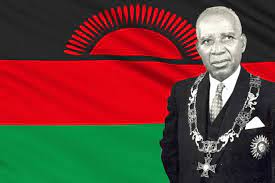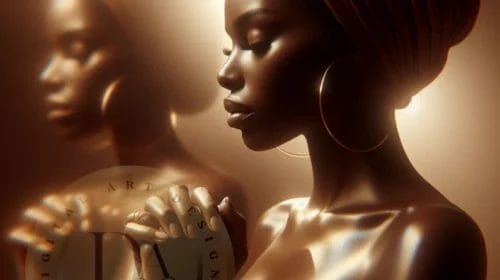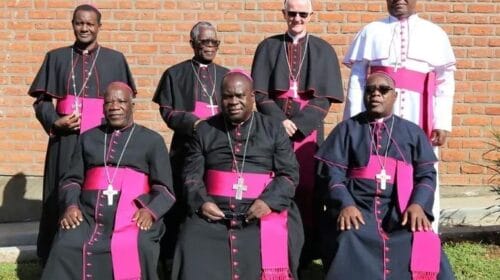The Journalist As A Politician By Agba Jalingo
I’ve been approached several times by concerned persons who feel that as a journalist, I am supposed to stay out of politics and concentrate on investigating and writing the news. They have also been a lot of preachment about how journalism and politics are parallel.
But I need to express a contrary opinion to this often held assumption as I would love to term it. I rather hold that the political tendencies of journalists is that they, like politicians, are animated by a desire to change the world for the better.
And the history of journalists directly mucking around in politics goes back more than 100 years, when American newspaper tycoon, William Randolph Hearst, adopted the views of British editor William Thomas Stead.
Stead, a near-worshipper of the Puritanism of Oliver Cromwell, believed in “government by journalism.” Stead formulated his views in an 1885 essay, in which he proclaimed the “natural and inevitable emergence of the journalist as the ultimate depository of power in modern democracy.”
As press scholar W. Joseph Campbell writes:
Central to Stead’s vision was the editor’s ability to frame and shape public opinion, which he called “the greatest force of politics.” Editors, he wrote, “decide what their readers shall know, or what they shall not know. … He can excite interest, or allay it; he can provoke public impatience, or convince people that no one need worry themselves about the matter.” In essence, Stead asserted, an editor, by applying “either a stimulant or a narcotic to the minds of his readers,” could bring to bear decisive influence on the important matters of the day.
This ideal has continued to inspire journalists all over the world in more than a century to ditch their pens and microphones and storm the political turf.
In recent decades in America for instance, prominent journalists like
Mickey Kaus
Patrick Buchanan,
Ron Klink,
Scott L. Klug,
Ralph Nader,
Phil Keisling,
Gore Vidal,
Steve Forbes,
Laura Miller,
Marjorie Margolies-Mezvinsky,
Lionel Van Deerlin,
Al Gore,
Al Franken,
William F. Buckley,
Sarah Palin,
Norman Mailer
Are just a few examples of prominent journalists who joined political parties and became candidates for office, taking their political complaints and policy prescriptions to the hustings seeking a place on the ballot box for voter approval.
Before them:
Former British Prime Minister and Tory Leader, Winston Churchill was a correspondent for the Morning Post during the Boar War.
Italian politician, Benito Mussolini, was editor of two socialist newspapers.
Jim Hacker former British PM was also editor of Reform Newspaper.
Michael Foot, former prominent leader of the British opposition Labor party was also editor of Evening Standard.
In Nigeria, most of the veterans of our struggle for independence were all young journalists who later transformed to politicians and joined political movements to seek office.
They include:
Herbert Macaulay
Nnamdi Azikiwe
Obafemi Awolowo
Anthony Enahoro
Ernest Ikoli
In recent decades, we also saw journalism veterans like:
Lateef Jakande
Segun Osoba
Onyema Ugochukwu
Chris Maduaburochukwu Okolie
Nduka Obaigbena
And a host of others trying their pens in the political turf.
So before you jump to the conclusion that journalists are not supposed to be in politics, you may need to ask yourself whether you are speaking ignorance or you are propounding a novel theory.
Thank you.
Yours sincerely,
Citizen Agba Jalingo.





